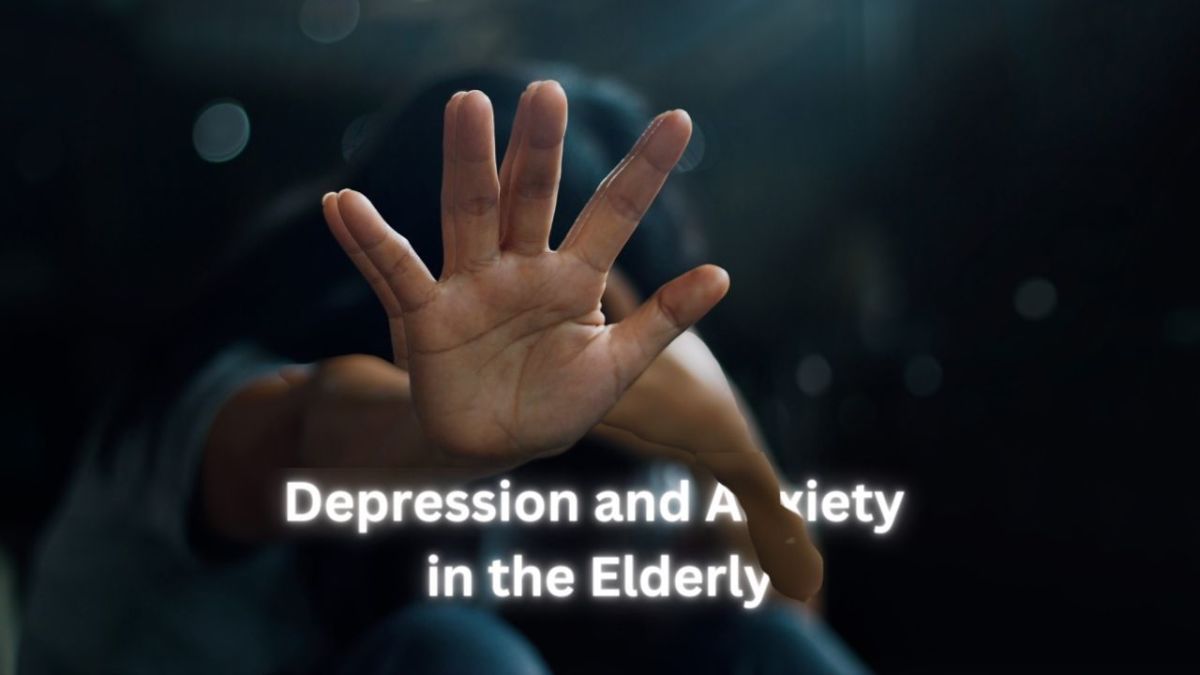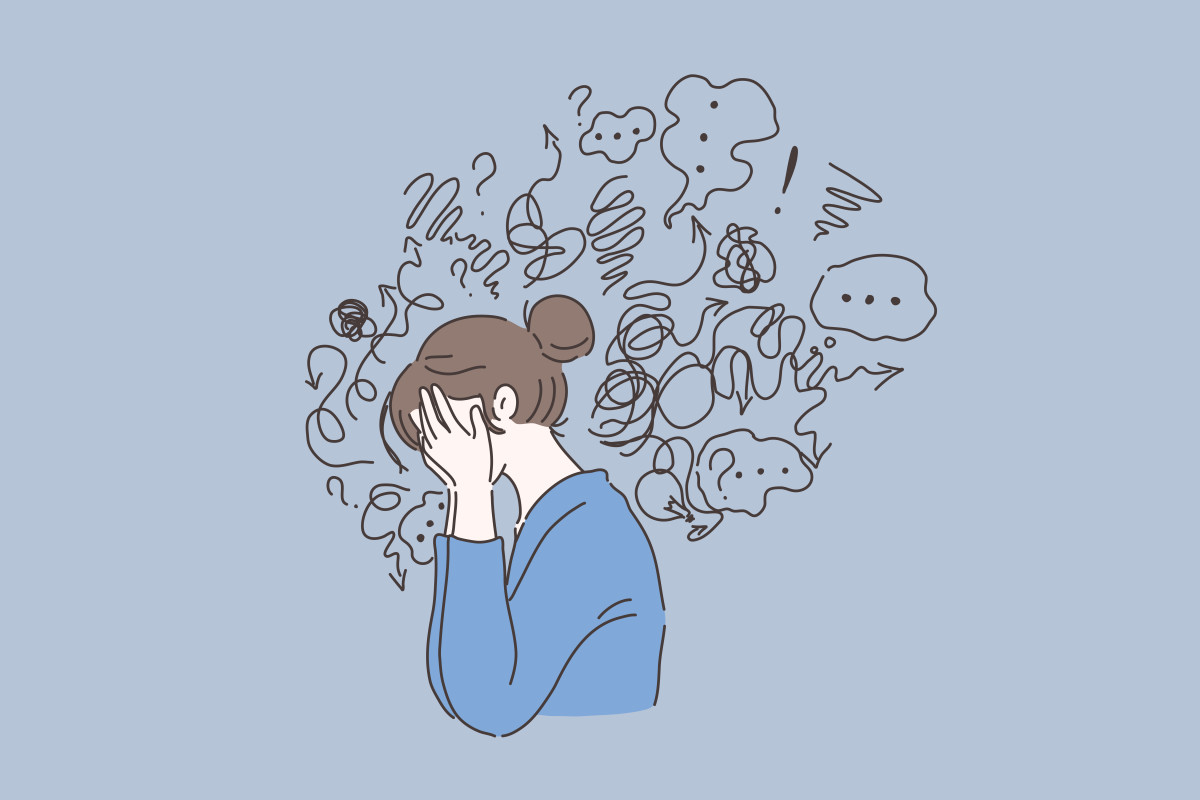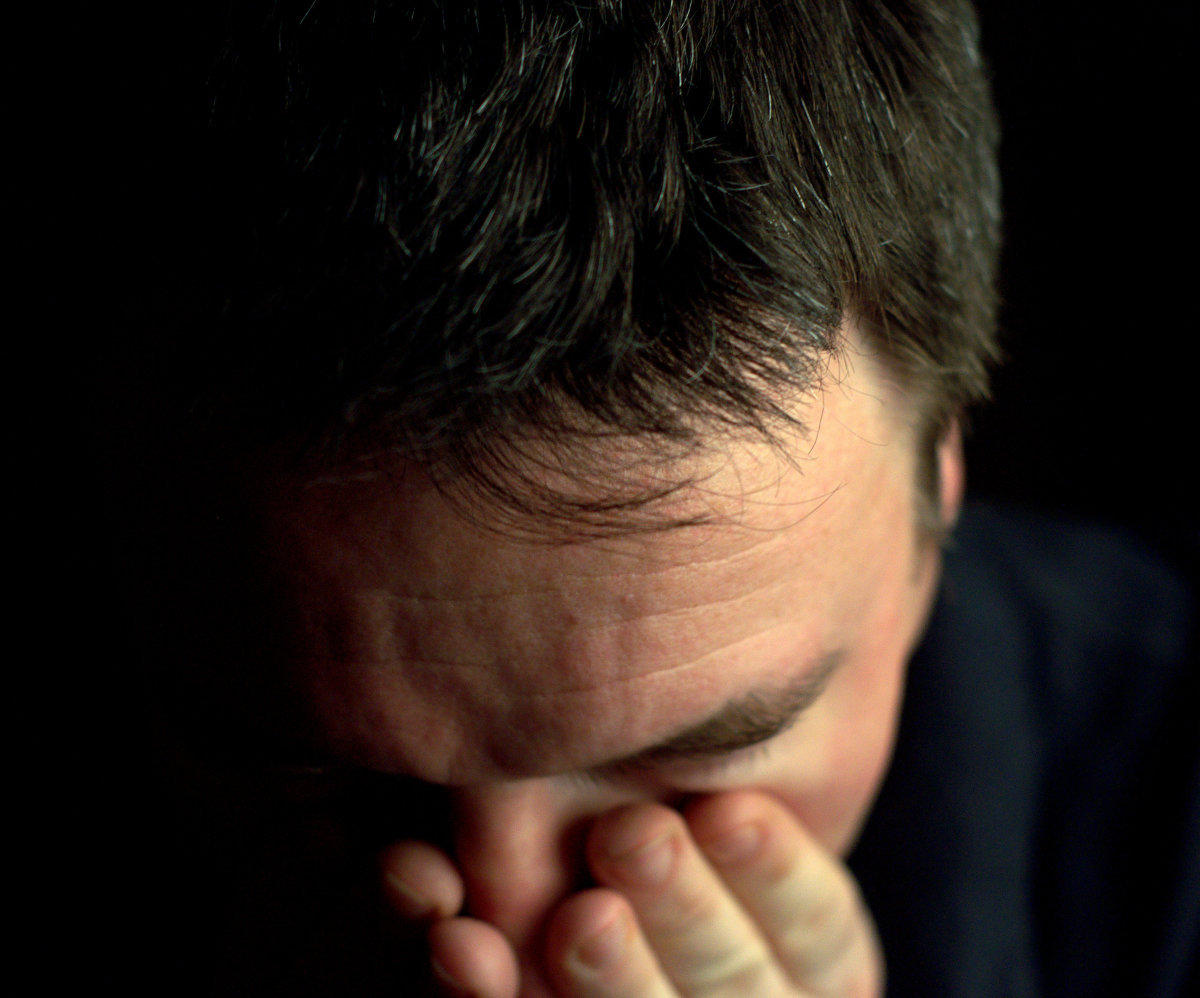Depression- How to Recognize It and What to Do

Are You or Someone You Love Depressed?
Depression, often dubbed the "Every Man's Disease" is more common than you might suspect. It is common because everyone experiences downers and major stressors in life- easy potential to trigger depression. No One has gone through life with not even a mild form of depression. Although, some people don't realize a lingering feelings of hopelessness and helplessness or an inability to cope shouldn't be ignored- these are signs of depression. There is a stigma of shame attached to depression, which causes loved ones to ignore signs concerning the depressed person, and it also keeps the depressed person from seeking help or even understanding what they're feeling.There should be no shame because no one is exempt from this disease- it can be hereditary or physiological or biological (mental illness or substance withdrawal) and hormonal (post-partum depression). Basically, everyone is at risk at any point in their lives.
So how do you know if you or someone you know is falling or has fallen deep into a depression? In techinical terms, the Diagnostic and Statistical Manual (for mental health issues), the book of reference for therapists, psychologists, counselors, psychiatrists, etc., examines and explains symptoms including feelings of worthlessness or persistent sadness . Behavioral symptoms include social withdrawal or agitation or sleep disturbances. Cognitive symptoms include difficulty concentrating or making decisions and initiating activity.
If you are depressed, loved ones may be concerned by stating you have been "acting differently", or ask you "what's the matter"? often, or say "you look grumpy or sad or tired", or remind you that you haven't been participating in or enjoying your usual activities. They are people who care about you so try not to get defensive. If you talk about it, someone you know may know of someone who can help you- someone you can talk to or recommend a doctor, etc.
Depression is extremely misdiagnosed and overlooked by clinicians and easily masked by those suffering from it. It can vary from culture to culture as well -some may describe their suffering as physical complaints and others emotional.Some people mask their disease by keeping themselves unnecessarily busy jumping from activity to activity. Others have a hard time just going through the motions of everyday life, therefore they become angry and withdrawn, escaping through thoughtless activities, such as TV, or sleeping more.
Granted, there are some doctors that will prescribe anti-depression medication like they hand out lollipops to your kids on the way out of their office. But medication doesn't treat the cause or the person. To effectively treat depression, medication in combination with therapy/counseling is the best treatment plan. If you are experiencing majority of the following, then you should seek treatment or at least get your doctor's opinion.There are other variables to consider, such as baby blues (a short, sometimes depressing, period after baby is born), seasonal affects disorder (SAD), mood swings associated with menstrual cycles, and any drastic changes in one's life (career loss, death of loved one, move, divorce,etc), some causing post-traumatic stress disorder, which often subside within a few months. Various types of sad or grieving times are normal- anything lasting longer than a few weeks and very persistent, as in most every day, may warrant treatment.

Signs and Symptoms
Doctors and therapists have a quick test for a patient, usually assigning a number scale to the following symptoms- rating how often and/or how intense the symptoms are. A portrait of a depressed person may exhibit these symptoms:
Sadness throughout the day nearly every day
This one is key: A Loss of interest in or enjoyment in your favorite activities
Feelings of worthlessness
Excessive or inappropriate feelings of guilt
Thoughts of death or suicide
Difficulty making decisions
Fatigue or lack of energy and Sleeping too much or too little
Change in appetite or weight
Trouble concentrating
Aches and pains
The tricky part is getting yourself or a loved one to understand the importance of seeking help. I always say it doesn't hurt to talk to your doctor- a casual conversation. There is a window of opportunity in the beginning of the downward spiral to depression. During this period, people will usually seek the company of other people and reach out for help, maybe not in so many words, but if someone you know is going through a rough time and they reach out to you for advice or constant company, you can talk to them with sensitivity and especially listen. Don't urge them to get back to their "usual self" or remind them that they're not acting normal, or don't try to get their mind off their troubles. It's also helpful to know if anyone in their family has experienced depressive thoughts, because of hereditary factors involved in depression. If you feel it is appropriate, tell them their doctor, pastor, school counselor, or someone who has gone through the same thing, may know more than you about what they're feeling. Allude to no shame for getting help.
Once depression reaches a certain point, it is really hard for them to initiate getting help. However, I have known anger to help get these individuals into therapy. One thing you can rely on with depressed people, is anger being one of the underlying emotions- consistently. I did this with a close friend, bugging him periodically- making him mad enough to seek help just to prove me wrong about his depression. I wasn't wrong and he thanked me.

The Course of Treatment
As mentioned above, the best treatment is a combination of medication and counseling. This treats both the short-term and long-term as well as the mental and physical aspect of this multi-faceted disease. Symptoms are best treated with medication and the cause for the onset of depression is best treated by counseling, thus the combination being most beneficial. Initially, a person will speak with their doctor and have a a couple physical tests ran, especially if the person has physical complaints with no substantial basis.
Concerning the counseling aspect, the right therapist is one who takes an active role in the relationship. Depressed individuals are not going to take the initiative and will typically show no interest in therapy at all- the counselor needs to take the lead, an active role. I knew a counselor who would assign 'homework' to their depressed patient on the first meeting- this is wrong. The counselor eventually learned from their mistakes and did not use this method for long.
Once a counselor has gained rapport with their patient, it is wise for them to suggest the patient do something for somebody else. I once read this story, by a psychiatrist/author, and one of his suicidal patients called him one night complaining about feeling very down. The psychiatrist told him to get out of the house and go do something for someone else, a random of act of kindness would do. His patient called him several minutes later to tell him he had just swept his elderly neighbor's front doorstep- and he felt much better! In fact, he felt great! So why would the patient feel better? Depressed individuals are stuck in their own world and themselves- people can misread that as being selfish, but they really can't focus on much more than their suffering. Getting them to do something useful or nice for someone else breaks that pattern and it gets their body in motion- moving around more is good for them, get some endorphins going!
Common sense can't be used on these individuals though, so our tendency to want to "help" or shake some sense into a loved one suffering from depression will only end in disappointment and frustration. Even waiting for the person to "snap out of it" will be a dead end. The best you can do is convince them, subtly or bluntly- depending on the person and your relationship, to seek someone with professional experience.
Always encourage a depressed person to talk to others, especially support groups. For the non-depressed person, walking into a group of people talking about how bad their life is would ultimately make us depressed. Oddly enough, though, a room full of other depressed people can do a world of good for the depressed person.At the very least, it shows them that they are not alone- they aren't the only ones suffering, which is one characteristic among depressed people. Bottom line, if you're depressed, seek like-minded for support- misery loves company (an awful analogy, but a little true). There is light at the end of the tunnel and a good prognosis for those who seek the right treatment.
Fun Fact: Ever wonder how Dr. Phil really helps people? Simply by letting them watch themselves on camera. Many people are shocked at how they behave and what they look like to those around them (or a really large audience of strangers)- enough to change their ways. I learned about this phenomena while taking psychology courses. It truly is Dr. Phil's greatest tool.
Suggested Reading
- Positive Psychology- The Pursuit of Happiness in 2010
Positive psychology is a fairly recent branch of psychology (formed out of Humanistic Psychology) focusing on positive virtues and attributes within people and their life with the hope of significantly...








